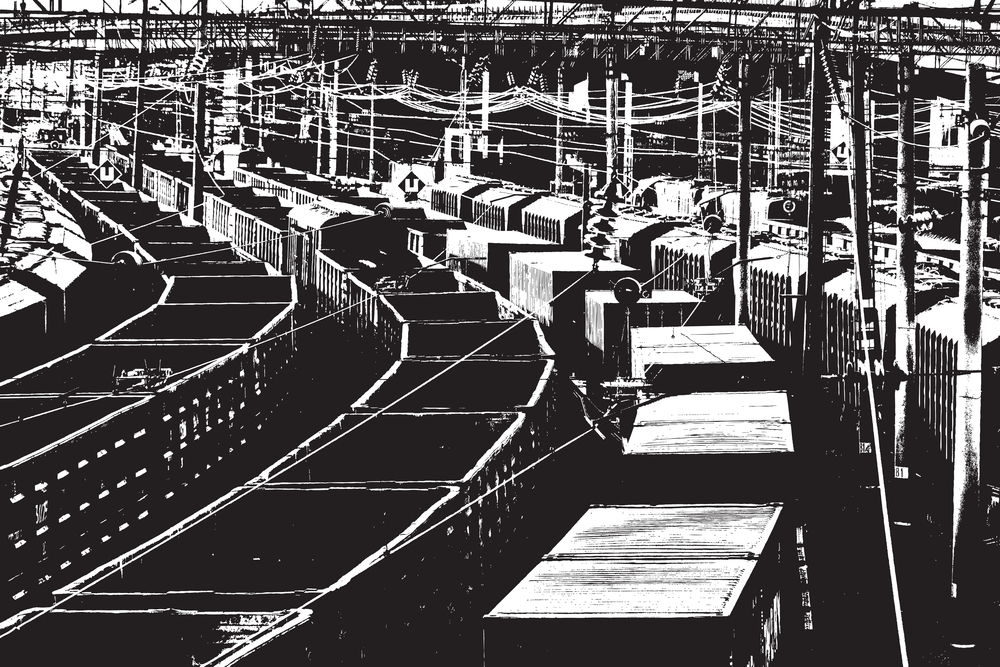The era known widely as the Industrial Revolution was an epoch of dramatic change that spanned from the late 1700s to the middle of the 1800s. It was during this time that society, the economy, and technological spheres experienced everlasting transformation. This movement shifted the world from its agrarian roots to an era characterized by industrialization and urban growth. Join us as we uncover how the Industrial Revolution reshaped the world of its time and set the stage for modern civilization.

Borning Innovations:
The spark that would ignite the Industrial Revolution was first struck in Great Britain during the latter part of the 18th century, setting a precedence that would soon radiate throughout Europe and the Americas. Beginning with breakthroughs in how textiles were produced, thanks to the introduction of the spinning jenny and the advent of water-powered weaving devices, the efficiency and profitability of the textile industry soared. These initial steps paved the way for what was to follow.
Automation and the Advent of Factories:
A standout feature of the Industrial Revolution was the introduction of mechanized production. With the innovation of the steam engine, credited to visionaries such as James Watt, machines began to replace handcrafting. The emergence of expansive factories signaled a turning point in production, moving from small, local craftsmanship to large-scale, centralized manufacturing.
Revolution in Movement and Messages:
Alongside changes in manufacturing came the reinvention of both transport and communications. Steam-powered trains, epitomized by George Stephenson’s “Rocket,” swiftly connected disparate locales, radically improving the distribution of materials and mobility of communities. Concurrently, the breakthrough of the telegraph by Samuel Morse knitted the world closer together through real-time communication.
City Growth and Societal Shifts:
With industries beckoning, a mass migration to urban areas ensued, setting in motion extensive social changes. The resulting influx of urban dwellers led to overcrowding and sanitation issues within burgeoning cities. The challenging living conditions fueled a rise in social consciousness and the birth of movements aimed at securing the rights of workers and ameliorating living standards.
Prosperity and the Birth of Capitalism:
The explosion of industry during the Industrial Revolution was a major catalyst in economic development and the flourishing of capitalism. The newly established machinery and factory operations multiplied productivity, leading to wealth accumulation, the creation of a middle class, and the unfortunate deepening of socioeconomic divides.
Innovative Tech Breakthroughs:
The period was marked by a surge in technological innovation that transformed multiple industries. Beyond textiles, the impact of steam power, developments in iron processing, and metallurgical advancements revolutionized fields such as mining, rail transport, and manufacturing, laying the groundwork for continued industrial and technological evolution.
Environmental Repercussions:
However, the Industrial Revolution also significantly taxed the environment. The intensification of fossil fuel use, pollution from burgeoning factories, and the deforestation for industry contributed to ecological degradation. This environmental toll raised awareness about the importance of preserving nature and laid the cornerstone for environmental activism.
Worldwide Influence and Enduring Effects:
As time progressed, the Industrial Revolution fanned out globally, transforming societies and economies across Europe, North America, and eventually Asia. Its widespread influence profoundly shaped the contemporary world, establishing the foundation for the industrial societies we inhabit and continually inspiring new technological horizons.
In closing, the Industrial Revolution signified a monumental epoch, altering society and the face of technology forever. It was defined by the rise of mechanization, improved transportation, breakthroughs in communication, and the advent of capitalism, each leaving an indelible mark on human history. While it triggered remarkable progress and economic expansion, it also highlighted the need for a delicate balance between advancement and ecological and social stewardship.







